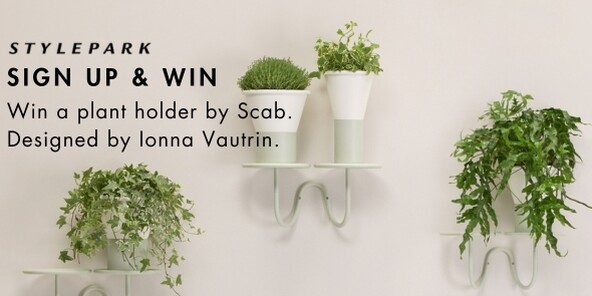
Es gehört zum Konzept der australischen Kosmetikmarke Aesop, in der Einrichtung ihrer Läden globale und lokale Elemente zu mischen. In Frankfurt hat den Laden Philipp Mainzer gestaltet.
A woody-tangy fragrance with a light touch of citrus wafts across Frankfurt’s Kaiserplatz and captivates passers-by. The source: the first Aesop store in town. It is the first of five in Germany and one of more than 100 outlets worldwide established by the Australian cosmetics group. The sleek store in Frankfurt was designed by the Philipp Mainzer Office for Architecture and Design.
The characteristic scent of essential oils is just as much an unmistakable note of the brand as is the washbasin that always forms the central point of each and every Aesop store – in any number of variations. There, trained staff explain to client how best to use the skin, hair and bodycare products (made partly from natural products and partly from ingredients from the company’s own labs) by showing how the cherished items are best used to wash or to oil or cream the skin.
At Frankfurt’s Kaiserplatz the washbasin is made of untreated brass and stands in a cube made of walnut wood – and only a few days after the store’s opening had already acquired a clear patina, a deliberate effect on the part of designer Philipp Mainzer. First, he thus demonstrates that it is genuine brass, and second pays homage to the transience of perfection. On backlit shelves in a lush dark green (German forests inspired him here, Philipp Mainzer narrates) the dark brown glass jars and flacons that contain the core of the Aesop masterpieces are presented to admirable effect: parsley seeds for skin peeling, moisturizing oil made of geranium leaves, and mouthwashes composed of cloves and aniseed.
Renowned for its support for art and culture, the brand, which was established in 1987 in Melbourne, attaches great importance to the design of its own stores. Each outlet has the key brand characteristics, but also attests to the style of an architect or designer who incorporates into the overall concept local or historical features of the place in question. In Frankfurt the choice fell on matt gray ceramic tiles – the surface alludes to traditional stoneware jugs from Hessen, meaning those great old cider jugs. Indeed, there are a few examples to be found in what is overall a truly elegant space. Moreover, the “Weissenhof” armchair, a “Karnak” chair and the matching “Aswan” stool, furniture by Frankfurt architect Ferdinand Kramer (recently re-issued by e15) also reference local traditions.
Mainzer allowed himself another citation, too, when giving the global strong local roots: As an homage to Frankfurt Modernist architecture he has used wired glass here and there, be it to highlight a plant box in the shop window or in the form of a tray with a brass frame on which clients are served refreshing mint lemonade. After all, the brand is well-versed in the art of presentation – down to the smallest details.
Aesop Kaiserplatz
Kaiserstraße 20
60311 Frankfurt am Main
Gemany
 Matt gray ceramic tiles allude to traditional old cider jugs from Hessen. Photo © Aesop
Matt gray ceramic tiles allude to traditional old cider jugs from Hessen. Photo © Aesop The central point is a walnut wood cube with a washbasin made of untreated brass. Photo © Aesop
The central point is a walnut wood cube with a washbasin made of untreated brass. Photo © Aesop German forests inspired Philipp Mainzer to the colour of the shelves. Photo © Aesop
German forests inspired Philipp Mainzer to the colour of the shelves. Photo © Aesop The “Weissenhof” armchair by Frankfurt architect Ferdinand Kramer. Photo © Aesop
The “Weissenhof” armchair by Frankfurt architect Ferdinand Kramer. Photo © Aesop Untreated brass had already acquired a patina, a deliberate effect on the part of the designer. Photo © Aesop
Untreated brass had already acquired a patina, a deliberate effect on the part of the designer. Photo © Aesop The assortment of the Australien brand contains more than 90 skin, hair and bodycare products. Photo © Aesop
The assortment of the Australien brand contains more than 90 skin, hair and bodycare products. Photo © Aesop


